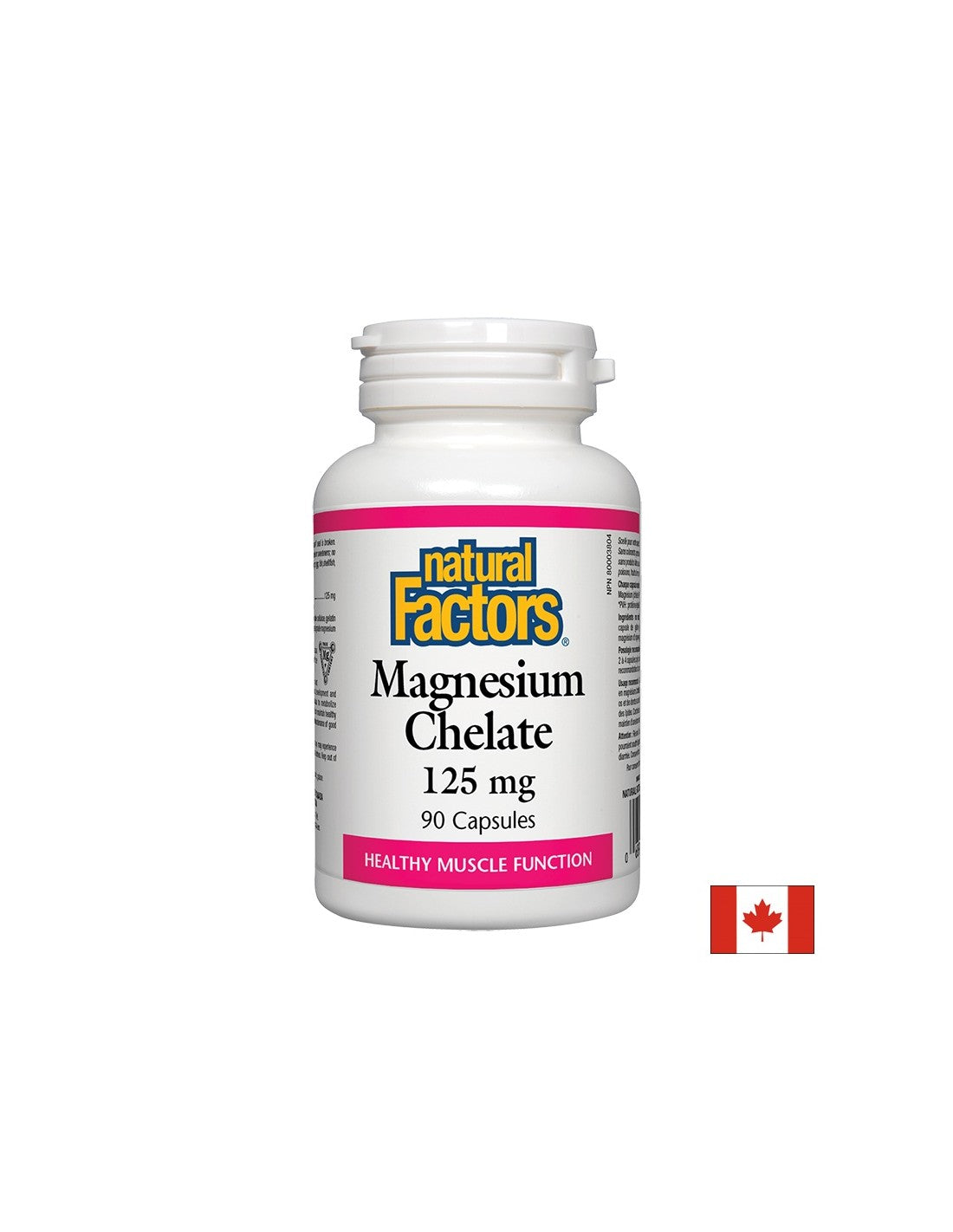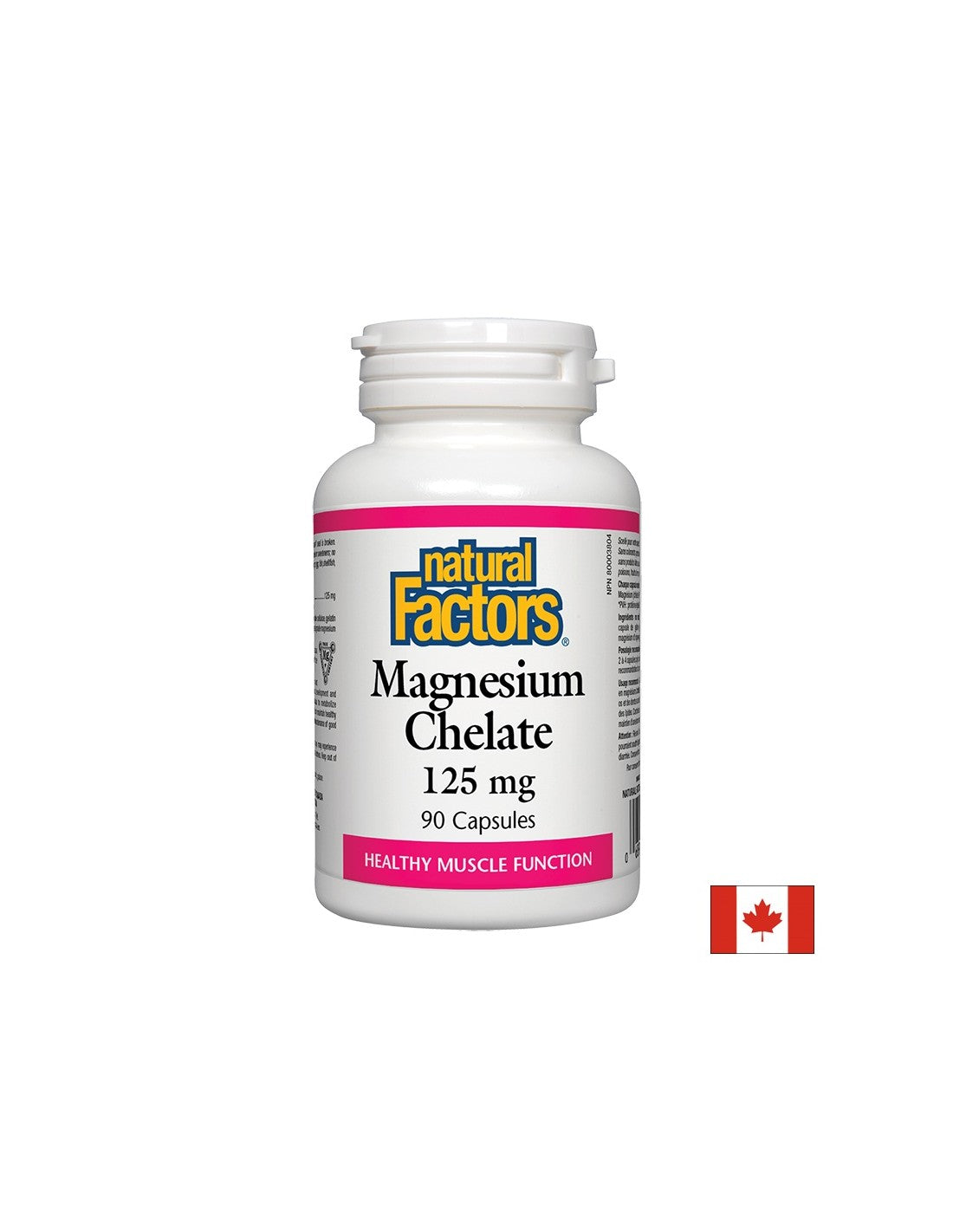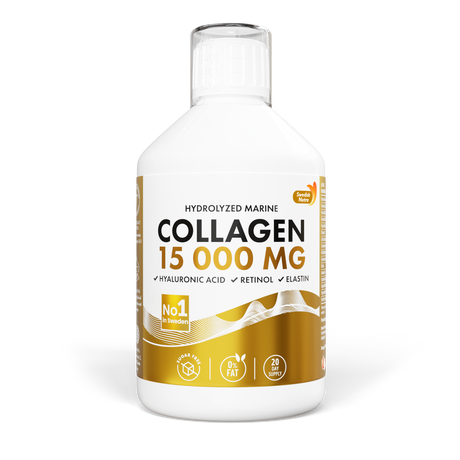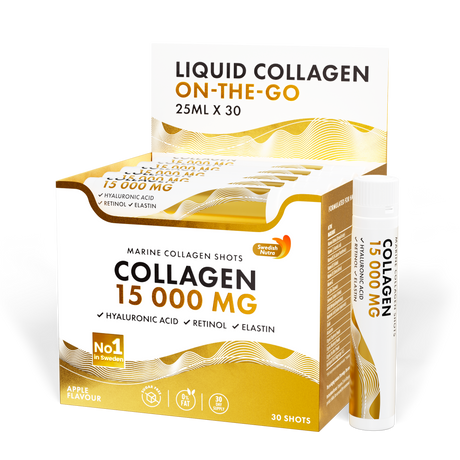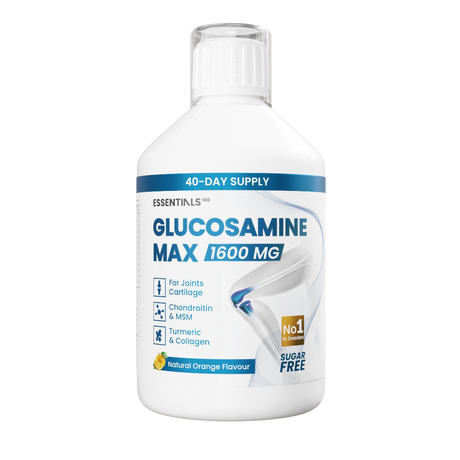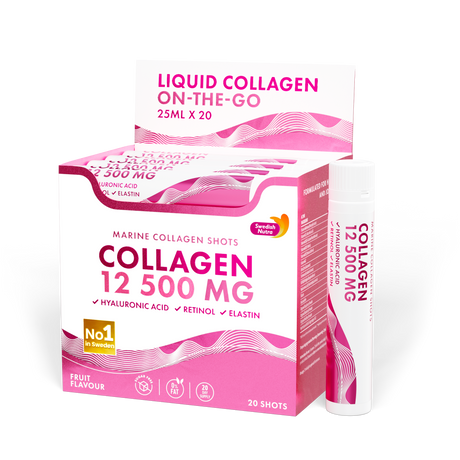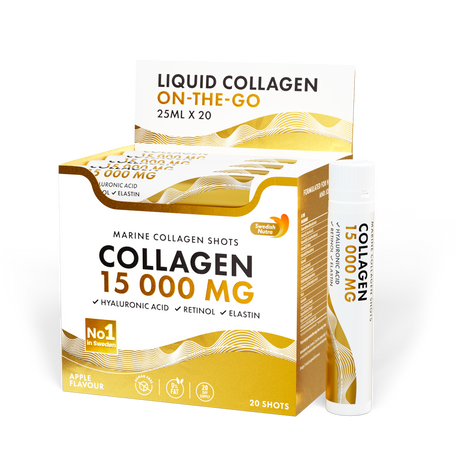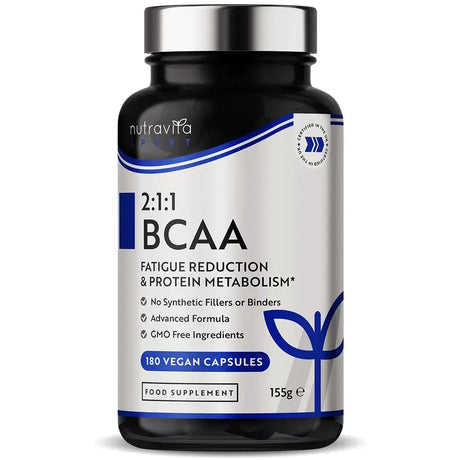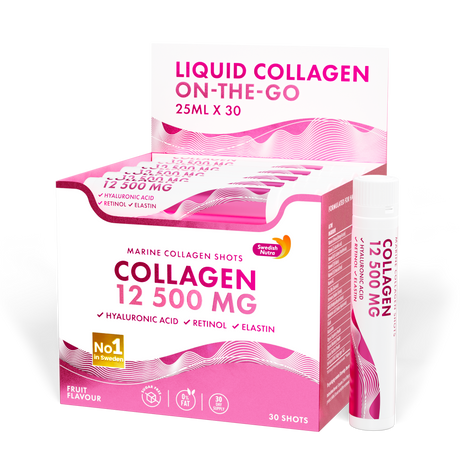Лек, но не ефирен, а богат на нюанси. Има развитие - от цитрусово начало през топли пясъци над които бризът носи аромати на цъфнали клонки, до чиста сапунена сладост.
Πολύ καλό προϊόν, το αγορασα δύο φορές. Νιώθω ενέργεια, δύναμη και ηρεμία.. Θα το ξαναπάρω ξανά.
Super sam zadovoljna, okusom, praktično mi tako ambalaža i čuvanje.
Okus i nadam se djelovanje jednako dobro. Zato ga i naručujem ponovno
Το χρεισιμοποιώ λίγες μέρες και δεν μπορώ νά δω ακόμα κάποια αποτελέσματα, είναι γευστικό πάντως.
Mi sono trovata molto bene, ho fatto una scatola, ma penso di riacquistare. Ho notato miglioramenti nella luminosità di pelle e capelli. Anche il sapore è gradevole.
Unica nota negativa, la spedizione ha impiegato un po' troppo tempo.
Είμαι πολύ ευχαριστημένη από το κολλαγόνο,έχω κάνει δεύτερη φορά παραγγελία περνώ από δύο μπουκάλια.Πηνετε ευχαριστα.Περηεχει και ΜSM για τους αρθροσεις, και Hyaluronic!!! Συνιστώ, κάνει καλεί δουλειά!!!
Добър продукт! Ползваме го аз и баща ми! Ползвам за втори път!
Витализиращ и даващ сила на косата и кожата продукт. Много съм доволна.
Добра усвояемост, добър вкус, попълва бързо витаминните дефицити на организма, отличен продукт
Маските ми харесаха. Със суха кожа съм, хидратират я, усещане за мекота. Препоръчвам.
Течните витамини са чудесни. Усвояват се много бързо за разлика от таблетките. Чувствам се бодра целия ден. Препоръчвам.
Течният пробиотик ми харесва, действа ми добре, за човек с проблемен стомах. От години купувам колагена за стави и реших да пробвам и пробиотика. Доволна съм и докато вървеше промоцията, си купих още една опаковка. Препоръчвам продукта.



